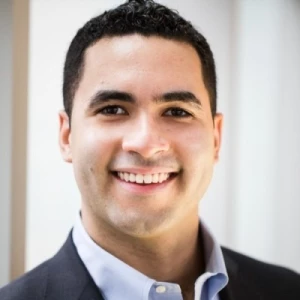For those who joined as lateral hires,
Could you share your insights on transitioning from a corporate working style (bottom-up) to a consulting approach (top-down)? After starting my role in strategy consulting, I’ve realized it’s easy to lose sight of the key principles we learned during case interviews. Feedback such as the need to be more “top-down,” “message-driven,” and “output-oriented” has made me aware that I still have some habits to unlearn.
I’d greatly appreciate any practical tips or tangible actions that have helped you shift toward the right mindset and ways of working. How did you ensure you were developing the necessary skills and staying on the right path? Your advice would mean a lot!















